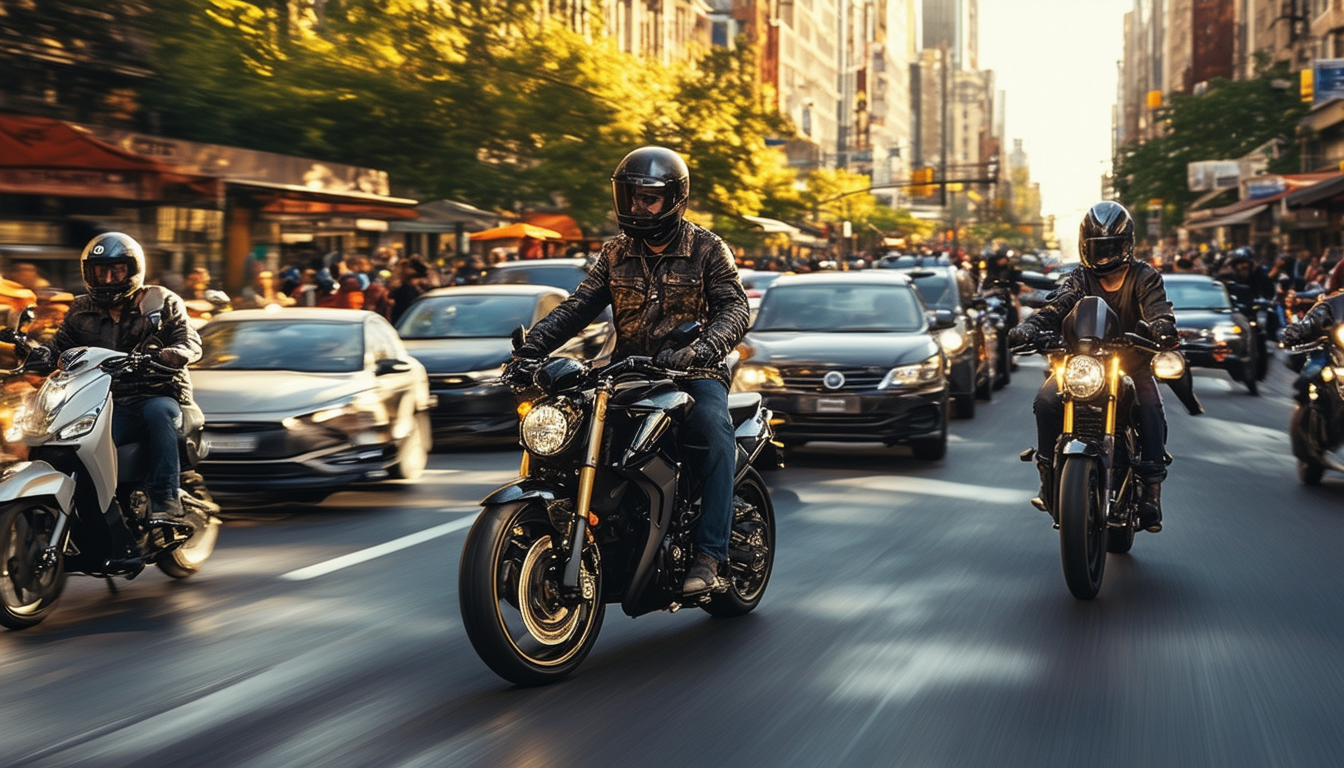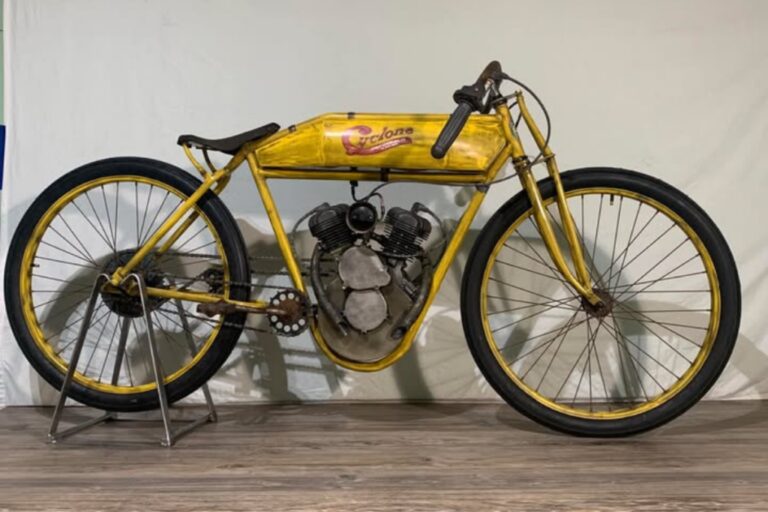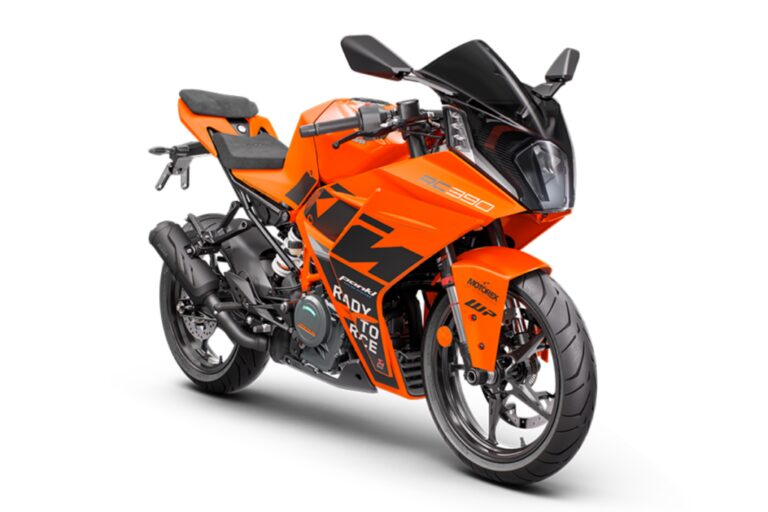Unlocking Traffic Solutions: The Case for Embracing Motorcycles

As urban areas continue to grapple with increasing levels of congestion, the search for innovative solutions has never been more crucial. One often overlooked option that offers significant potential is the use of motorcycles. With their ability to maneuver through crowded streets, require less parking space, and contribute to lower emissions, motorcycles present a viable alternative to traditional cars. Exploring this alternative mode of transportation could not only alleviate traffic but also promote a more sustainable urban environment.
As urban areas face increasing traffic congestion and environmental challenges, the need for efficient transportation solutions has never been more pressing. One potential answer lies in the bustling world of motorcycles, which not only alleviate traffic woes but also offer a practical and eco-friendly alternative to traditional cars. This article explores the various benefits of integrating motorcycles into our transportation systems and the impact they can have on urban mobility.
The Inefficiency of Cars
Despite their popularity, cars present significant inefficiencies when it comes to moving people in urban environments. The average vehicle carries just 1.4 occupants, resulting in empty seats and wasted space. As more individuals opt for personal vehicles, roads become increasingly clogged, exacerbating travel times and reducing overall productivity.
Motorcycles as a Solution
In sharp contrast, motorcycles offer a compact and agile alternative to cars. With their smaller frame, motorcycles require less parking space and can maneuver through tight spots more easily. This creates opportunities for increased mobility in congested urban areas. Moreover, motorcycles are known for their fuel efficiency, meaning less fuel is consumed in comparison to larger vehicles, contributing to lower carbon emissions.
Statistical Support
Research has demonstrated that integrating motorcycles into urban traffic can yield significant benefits. A study from Belgium indicated that replacing just 10 percent of cars with motorcycles led to a remarkable 40 percent reduction in overall traffic congestion, as well as a 6 percent decrease in emissions. If more cities embraced motorcycles, the potential for transformative change in traffic dynamics becomes apparent.
Encouraging Two-Wheeled Transportation
A critical aspect of unlocking the potential of motorcycles lies in encouraging their adoption. This can be achieved through dedicated motorcycle parking spaces, promoting lane splitting for safer commutes, and considering tax incentives for motorcycle riders. Making these adjustments will not only make it easier for motorcyclists but will also send a strong message to drivers about the benefits of two-wheeled vehicles.
Reducing Road Wear
Another often-overlooked advantage of motorcycles is their minimal impact on road infrastructure. Traditional cars and trucks exert substantial pressure on road surfaces, leading to more frequent repairs and maintenance costs. Motorcycles, being lighter and more compact, cause less wear and tear. This can result in long-term savings for municipalities, allowing funds to be allocated toward other essential needs.
Creating a Cultural Shift
Transitioning from car-centric urban planning to a more motorcycle-friendly culture requires a shift in mindset. Educational campaigns and community programs can help raise awareness about the benefits of motorcycles, addressing misconceptions and promoting safety practices. When infrastructure supports and champions two-wheeled travel, people are more likely to consider motorcycles as a viable option.
In light of the pressing need for innovative traffic solutions, embracing motorcycles emerges as a compelling alternative. By addressing inefficiency, incentivizing two-wheeled travel, and fostering a cultural shift, urban areas can pave the way for a future where mobility is enhanced, traffic is reduced, and the environment is better protected.
As urban congestion continues to rise, it’s essential to explore innovative transportation options that can help alleviate the pressure on our roads. Embracing motorcycles as a viable alternative to cars offers numerous benefits, including reduced traffic, lower emissions, and faster commute times. By shifting the focus away from traditional vehicles to motorcycles, we can not only ease congestion but also promote a more efficient mode of transportation.
The Efficiency of Motorcycles
One of the most compelling arguments for embracing motorcycles is their efficiency in navigating congested roads. Motorcycles require significantly less space than cars and are uniquely equipped to weave through traffic, making them an ideal choice for urban commuting. Additionally, motorcycles are lighter and more fuel-efficient, reducing the overall carbon footprint of personal transportation.
Encouraging Two-Wheeled Travel
To foster widespread acceptance of motorcycles, it is crucial to create a culture that encourages two-wheeled travel. Implementing incentives such as dedicated parking spots and the legalization of lane filtering will help increase the visibility and accessibility of motorcycles. Moreover, educating the public on the benefits of motorcycles can shift perceptions and highlight their advantages over cars.
Environmental Benefits
Shifting from cars to motorcycles can have a significant positive impact on the environment. Studies indicate that if just 10% of cars were replaced with motorcycles, total congestion could decrease by as much as 40%. Not only does this lead to smoother traffic flow, but it also results in lower emissions, contributing to a healthier urban atmosphere.
Fuel Efficiency
The fuel efficiency of motorcycles surpasses that of traditional cars significantly. By converting to two-wheeled transport, riders can save on gas and reduce reliance on fossil fuels. This shift not only eases the burden on individual wallets but also contributes to lower overall fuel consumption, which is crucial in today’s climate-conscious society.
Reducing Road Wear and Parking Issues
Motorcycles also offer the added benefit of minimal road wear. Unlike heavy vehicles, motorcycles exert less pressure on road infrastructure, prolonging its lifespan and reducing maintenance costs for municipalities. Furthermore, as motorcycles require less parking space, they can significantly alleviate parking challenges commonly faced in crowded urban areas.
Implementing Smart Traffic Solutions
To truly unlock the potential of motorcycles in traffic solutions, cities need to consider smart traffic management techniques that incorporate two-wheeled vehicles. Implementing smart traffic signals that prioritize motorcycle movement and creating dedicated lanes can enhance safety and efficiency, ensuring that motorcycles can navigate through traffic quickly and safely.
Changing Mindsets and Attitudes
To see a shift in commuting patterns, it’s vital to address the entrenched commuter culture that prioritizes cars over other modes of transport. Providing education about the advantages of motorcycles and organizing community rides can help evolve public perception, encouraging more riders to take to the streets.
In Conclusion
While this article does not delve into a concluding statement, it presents a compelling case for embracing motorcycles as part of the overall solution to urban traffic woes. By prioritizing motorcycles and rethinking our approach to transportation, we can enhance mobility, reduce congestion, and create a greener urban landscape.





